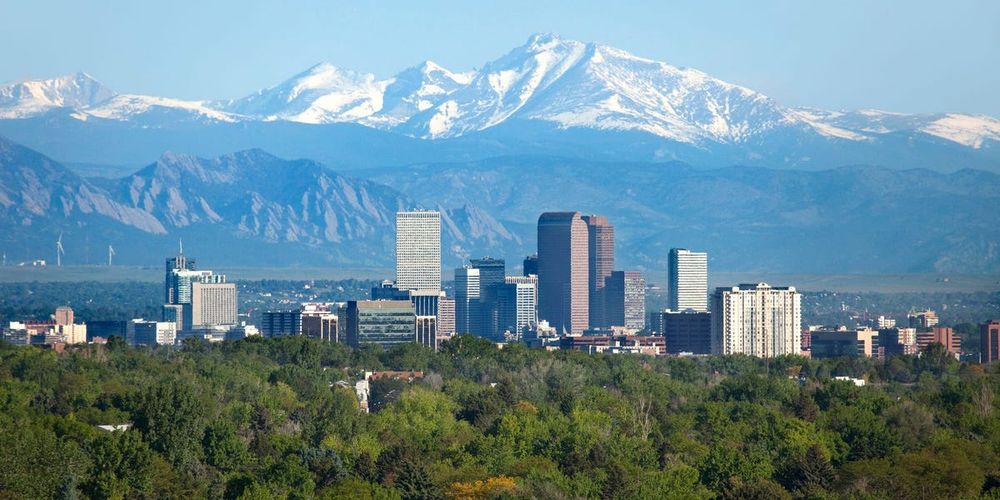Posts
Media
Videos
Starter Packs
Reposted by Adrien Vogt-Schilb
Reposted by Adrien Vogt-Schilb
Reposted by Adrien Vogt-Schilb
Brent Toderian
@brenttoderian.bsky.social
· Nov 26

Denver gave people experiencing homelessness $1,000 a month. A year later, nearly half of participants said they had housing.
Participants in Denver's basic-income program reported having more-secure housing, though results were similar in the trial and control groups.
www.businessinsider.com
Charles Kenny
@charlesjkenny.bsky.social
· Nov 24

On Aid and Climate, Don’t Make the Poor Pay Twice
A few months ago, the experts at the OECD who decide what’s in and what’s out when it comes to what counts as official development assistance (ODA) said spending on research towards a Covid vaccine wa...
www.cgdev.org





